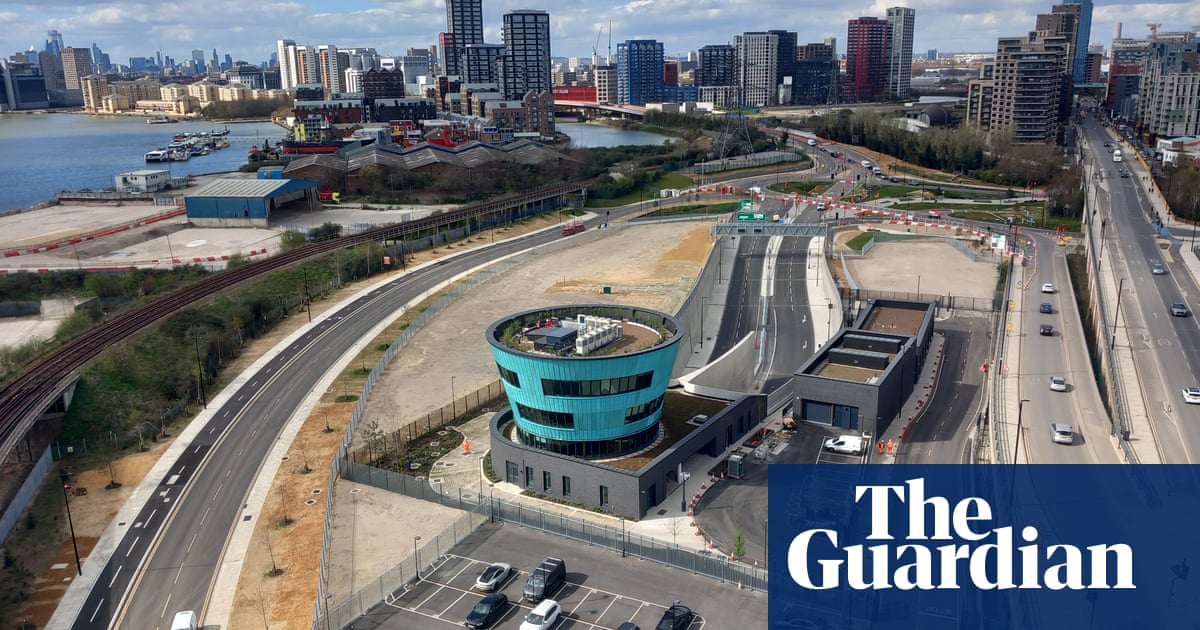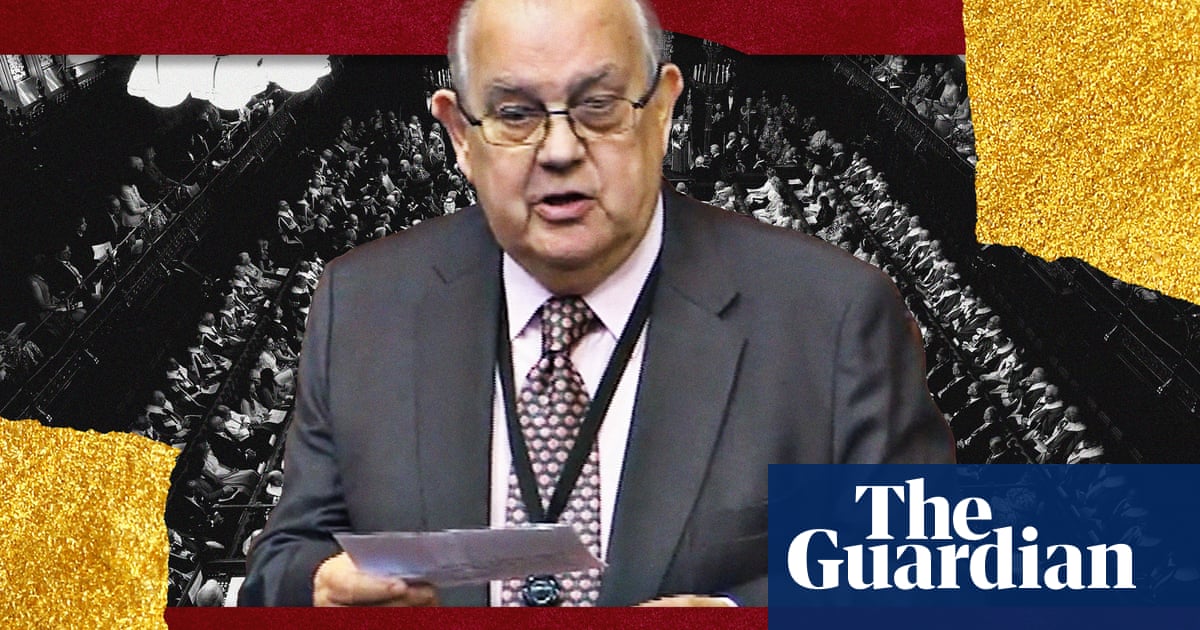A prisoner serving an indeterminate sentence killed himself after delays to a parole hearing contributed to psychosis, and prison staff neglected to seek medical help as his condition deteriorated, an inquest jury has found.
Haydar Jefferies, a 50-year-old publican serving an imprisonment for public protection (IPP) sentence, died in March 2023 knowing that the allegations that had recalled him to prison had been dropped.
Postponed parole hearings in 2022, which could have freed him, “more than minimally contributed to the development of psychosis, due to the psychological stress”, the jury concluded.
Days before his death, Jefferies was found by staff at HMP Coldingley, Surrey, “flushing his head down the toilet, naked on all fours, and barking like a dog”, the jury was told.
Over nine days, as Jefferies became “floridly psychotic”, staff on several occasions neglected to call the mental health team or seek medical help.
“The proper response would have been to ensure his immediate safety by putting him on constant supervision and taken him to an external place of safety owing to Coldingley’s unsuitable provision of safer cells. That none of this was done represents a serious failure,” the jury concluded.
The Ministry of Justice (MoJ) also contributed to Jefferies’ death by failing to put in place systems to respond to concerns from family members, the jury said.
“The death was caused or more than minimally contributed to by the failure on the part of the Ministry of Justice to ensure there was a system in place for the recording of the family concerns,” the jury said.
Cormac McDonagh, a civil liberties solicitor at Hodge Jones & Allen, who represented the family at the inquest, said it was “extremely rare” for a jury to reach a finding of neglect.
“It was evident that Haydar was suffering due to the unjust circumstances of his IPP recall and that this contributed to his deteriorating mental state,” he said.
“Staff at the prison failed entirely to recognise his deterioration and to take appropriate steps to keep him safe. His family made repeated attempts to get Haydar the help he patently needed, after receiving multiple distressing phone calls, but no action was taken,” he said.
Jefferies was first given an IPP sentence in 2006, after being found guilty of assault charges. After leaving prison in 2013, he spent nine years in the community quietly rebuilding his life, his family said. He had set up his own pub in Oxfordshire with his husband, who passed away in 2021, leaving him bereft.
He was recalled to prison in January 2022 after an allegation, but the claim was dropped three months later.
IPP sentences were introduced in 2005 and scrapped in 2012 after human rights concerns were raised, but not for those already detained. It is believed that about 90 IPP prisoners have taken their own life when serving their sentence or on licence.
Zhora Jefferies, Haydar’s mother, said: “It is devastating to have witnessed how Haydar’s life was completely destroyed by the nature of his IPP sentence and the extensive delays he experienced when waiting to be released from prison.
“We had to watch our beloved son, brother and father succumb to the fear and paranoia that he was suffering with in the final weeks of his life. We, and Haydar himself, were all crying out for help and it was falling on deaf ears.
“Nothing can be done to bring Haydar back but our biggest hope is that lessons can be learned from his experience so that no other family has to go through the horrendous loss that we have suffered.”
Shirley Debono, founder of the pressure group IPP Committee In Action, said: “The MOJ must be held accountable for the deaths of IPP prisoners or this neglect will go on and there will be more deaths.”
An HM Prison and Probation Service spokesperson said: “As with all deaths in custody, the prison and probation ombudsman is investigating and we will respond to their report in due course.”
The justice secretary, Shabana Mahmood, and the prisons minister Lord Timpson have rejected calls from the UN to consider a resentencing exercise for those still serving abolished IPP sentences.
Nearly 3,000 inmates are languishing in prison after being given IPP sentences. Most of them have been released on probation and later recalled, but about a third of these prisoners have never been released.
In the UK and Ireland, Samaritans can be contacted on freephone 116 123, or email [email protected] or [email protected]. In the US, you can call or text the National Suicide Prevention Lifeline on 988, chat on 988lifeline.org, or text HOME to 741741 to connect with a crisis counselor. In Australia, the crisis support service Lifeline is 13 11 14. Other international helplines can be found at befrienders.org

.png) 3 months ago
32
3 months ago
32













































